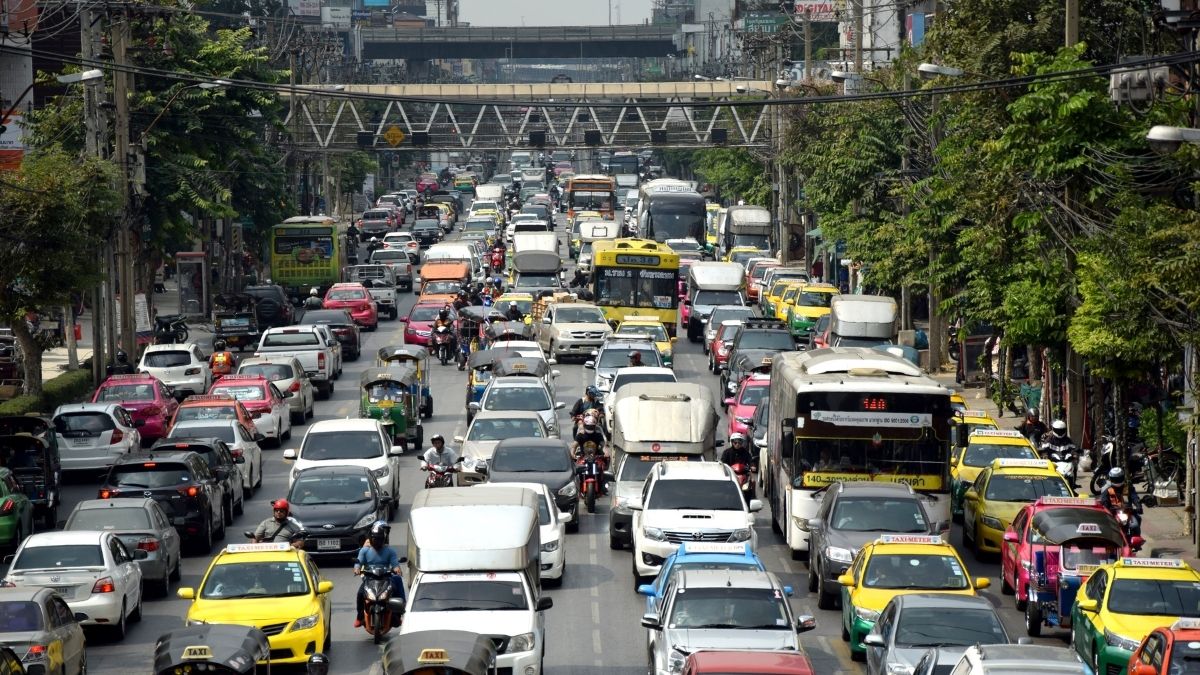As the UK population grows older, so does the number of elderly drivers on the roads. By 2025, the number of drivers aged 70 and above is expected to exceed 5 million, sparking nationwide concerns over road safety and calls for policy reform.
While elderly drivers are statistically involved in fewer accidents, the severity of those accidents tends to be higher due to age-related conditions like slower reflexes, impaired vision, and reduced mobility. These trends have prompted experts and the public to question whether current systems are sufficient to ensure older drivers remain fit to drive.
Calls for Change: The Rise in Elderly Motorists
Over the past few decades, the number of senior drivers has surged. Forecasts for 2025 predict that more than 5 million UK drivers will be aged 70 or older, representing a growing segment of the driving population.
Despite their overall safe driving records, senior drivers face greater health risks in accidents. A Department for Transport (DfT) study revealed that drivers aged 70+ represent 9% of all UK drivers, but account for 14% of driver-related road fatalities. These figures have reignited discussions about the need for stricter fitness assessments or updated licensing rules.
The “Driver MOT” Proposal: A Middle-Ground Solution?
To address these concerns without imposing harsh retesting policies, the UK government is considering the introduction of a “driver MOT” — a routine fitness assessment for drivers over 70. Much like the MOT test for vehicles, this proposal would involve checks for eyesight, reaction times, and cognitive awareness, ensuring that drivers remain physically and mentally fit to operate a vehicle.
This targeted evaluation would differ from a full driving test, easing the pressure on older drivers while still upholding road safety standards. The driver MOT could be scheduled every three years, aligning with the current licence renewal process for seniors.
Public Opinion Favors Stricter Oversight
A recent survey found that 67% of respondents support the idea of mandatory testing for elderly drivers once they reach a certain age. However, this suggestion has generated divided reactions, with some viewing retesting as ageist or overly punitive for long-time drivers who have never had issues on the road.
Instead, many experts advocate for evaluations based on individual capability, not age alone. Mike Thompson, COO of ClickMechanic, emphasized that personal health and driving ability should be the focus—not just a driver’s birth year.
Current Rules for Drivers Over 70
At present, UK drivers are required to renew their driving licences every 10 years until they reach age 70. After that, renewals must occur every three years. During each renewal, drivers must confirm they meet basic requirements:
- Good eyesight (able to read a number plate from 20 metres)
- No disqualifying medical conditions
- Medical approval if needed
The DVLA allows drivers to submit renewals online, streamlining the process. While awaiting a renewed licence, eligible drivers are permitted to continue driving, provided their GP agrees and all criteria are met.
Balancing Safety and Independence
The central challenge for policymakers lies in balancing road safety with personal independence. Driving plays a crucial role in allowing older adults to maintain autonomy, social interaction, and access to services—especially in rural areas.
A “driver MOT” could serve as a compromise, ensuring safety without forcing seniors to undergo full retesting. By assessing only critical skills, the MOT model may protect both public safety and elderly mobility, avoiding the stigma of failure associated with a traditional test.
What’s Next? Adapting Rules for an Ageing Population
As the UK’s elderly driving population grows, regulatory systems must adapt. Government officials, medical professionals, and road safety advocates are urging for evidence-based policy changes that reflect this demographic reality.
Whether through the driver MOT, improved licensing systems, or enhanced support for senior drivers, the future of road safety in the UK will rely heavily on the ability to tailor policy to evolving needs—without unfairly penalising those who can still drive safely.
Summary: Key Facts to Know
- Over 5 million UK drivers will be 70+ by 2025
- Elderly drivers are involved in fewer crashes, but with higher fatality rates
- DfT reports 70+ drivers are 9% of the road but 14% of fatal accidents
- A proposed “Driver MOT” would assess fitness to drive without full retesting
- Licence renewals for drivers over 70 occur every 3 years
- DVLA offers simple online renewal with eligibility checks
- Experts advocate ability-based evaluations over age-based ones
What Should Drivers Over 70 Do Now?
For now, no immediate changes have been implemented, but drivers over 70 should:
- Stay informed about future updates from the DVLA or government
- Keep up with eye tests and other health evaluations
- Consult your GP if you have concerns about driving fitness
- Renew your licence every 3 years, online if eligible
- Stay engaged in discussions about road safety and independence
These steps can help elderly motorists remain road-ready, ensuring both confidence behind the wheel and compliance with evolving rules.





